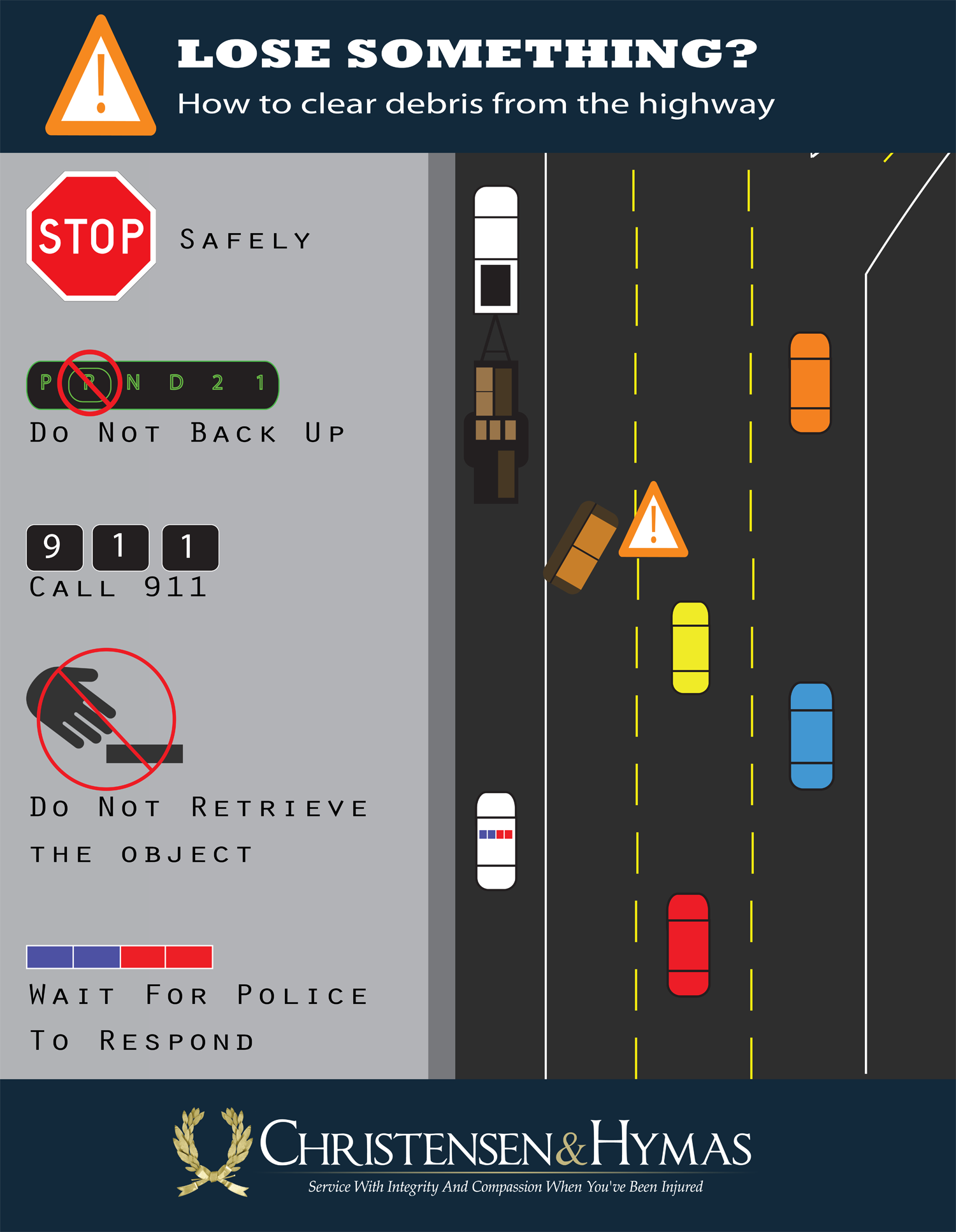Car Safety
A comical moment in Sherlock Holme s: A Game of Shadows sees Mr. Holmes characterizing horses as “dangerous at both ends and crafty in the middle.” In the sense that the literal brains of the operation sits behind the wheel and before the trunk, the same can be said of cars: They can cause serious injury whether they hit you head-on or back into you; and much of what determines whether they do either depends on the intentions and/or humors of what sits inside. As with a horse, the damage a car does to your person is usually exacerbated or mitigated by your interaction with it. Even a spirited animal can be managed by an expert equestrian, and even the most wanton of careless drivers can be thwarted in many cases if you know what you’re doing. Luckily, most serious accidents can be prevented by adhering to a handful of simple guidelines:
s: A Game of Shadows sees Mr. Holmes characterizing horses as “dangerous at both ends and crafty in the middle.” In the sense that the literal brains of the operation sits behind the wheel and before the trunk, the same can be said of cars: They can cause serious injury whether they hit you head-on or back into you; and much of what determines whether they do either depends on the intentions and/or humors of what sits inside. As with a horse, the damage a car does to your person is usually exacerbated or mitigated by your interaction with it. Even a spirited animal can be managed by an expert equestrian, and even the most wanton of careless drivers can be thwarted in many cases if you know what you’re doing. Luckily, most serious accidents can be prevented by adhering to a handful of simple guidelines:
Table of Contents
Five Accident Prevention Strategies
1. Pay attention.
You can no more hope to avoid an accident without watching the road than you can expect to draw a portrait of a stranger with your eyes closed. Allowing yourself to be diverted by cell phones, food, and even children runs counter to every rule of driving: you cannot circumvent a risk if you don’t see it coming. Unfortunately, many people overestimate their ability to drive blind; and this at the expense of 3,331 lives and 387,000 injuries in 2011.
2. Don’t drive in a state of distraction.
There is a subtle difference between driving distracted and driving in a state of distraction: In a state of distraction, a person may be making a good faith effort to drive responsibly sans electronics and takeout, but still be confounded by whatever is whirling around in their head—anxiety, exhaustion, anger, etc. Any state of extreme stress or agitation can be as distracting as kaleidoscopic lenses and should be subdued before undertaking the task of driving, which requires a calm, analytical mindset.
3. Don’t be too trusting of other drivers.
In Russia, one can find posted cautions reading, “PEDESTRIAN! As you die in the pedestrian crosswalk, REMEMBER YOU WERE RIGHT!!!” As snarky as the warning is, the logic behind it is sound: the right of way will not always keep you safe from other drivers, especially when those other drivers are distracted in some way. When someone is in a hurry (i.e., in a state of distraction), traffic regulations are of secondary importance. It’s up to you, not posted rules to guarantee your safety on the road by watching out for rogue drive rs.
rs.
4. Take stock of your environment.
There are circumstances besides your state of mind and the comparative recklessness of other drivers that can affect the smoothness of your commute. Inclement driving conditions such as fog, freezing rain, blinding sunlight, and a chance of meatballs may add substantially to the length of time your are obliged to spend on the road and, by extension, your stress level as you try to reach your destination before your five-year-old grows up and starts a family. Road construction is another headache waiting in the wings for people who aren’t prepared to reroute their trip. Delays are an inevitable (if irritating) part of life; never leave yourself too little time to adapt to changing circumstances with grace. Secondly, drivers also need to take stock of the debris and other items that could potentially be in the road. Debris of any kind can cause serious harm to individuals, especially on the freeway. It is important to remember several specific items if you do loose debris on the road or highway. Drivers should not to back up after the debris is lost and call 911. Drivers should not retrieve the lost debris but instead wait for the proper authorities. The authorities then will be able to create a safe environment to retrieve the debris and take care of other drivers on the road.
5. Take care of your car.
As the brains of the vehicle-horse analogy, it is your responsibility to keep your car healthy and responsive. A well-oiled machine is an obedient machine that will stop suddenly, turn on a 90-degree angle, or accelerate on demand when an emergency situation calls for it. Beyond that, even everyday driving may imperil you if you don’t replace worn tires, watch your vehicle’s suspension, and replenish steering fluid before it requires most of your body weight to crank the wheel. The more steady, manageable, and predictable your car is, the more your prudent driving practices will pay off. Unlike Sherlock Holmes, most people don’t have the option of riding a mule when the standard method of transportation doesn’t suit them. However, for most motor vehicle travel, the exercise of good sense and respect for the gravity of roadway responsibility is all the protection you need. Graphic’s courtesy of State Farm and Christensen & Hymas.
Info graphic courtesy of State Farm Insurance.
Free Consultation
Learn your Rights. Get Answers. Free.